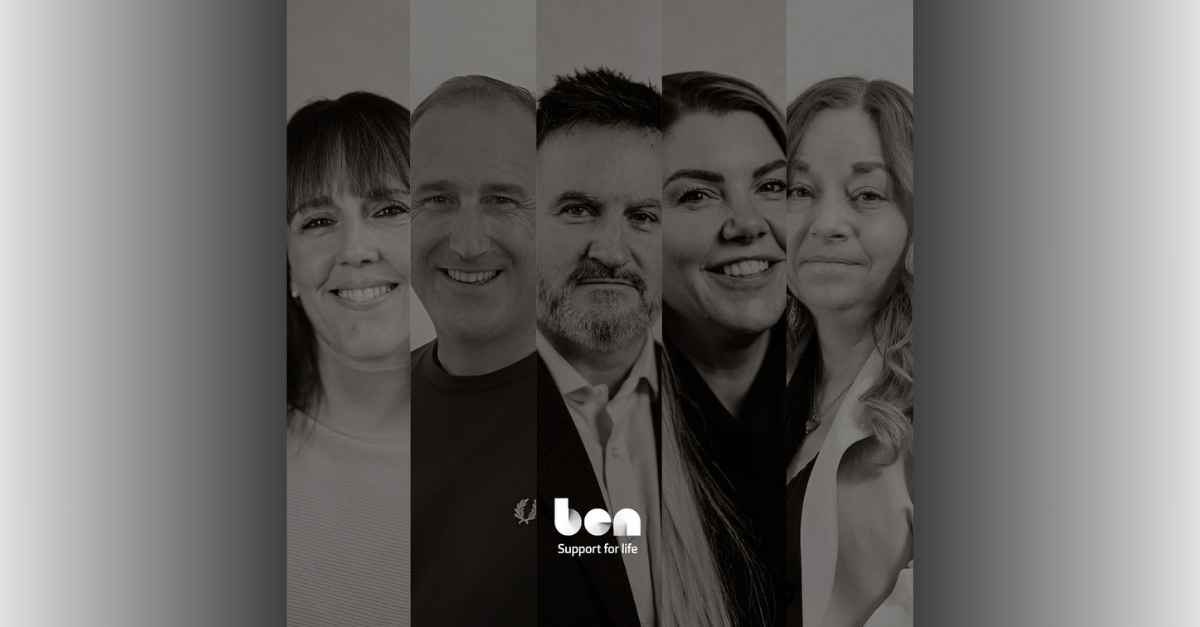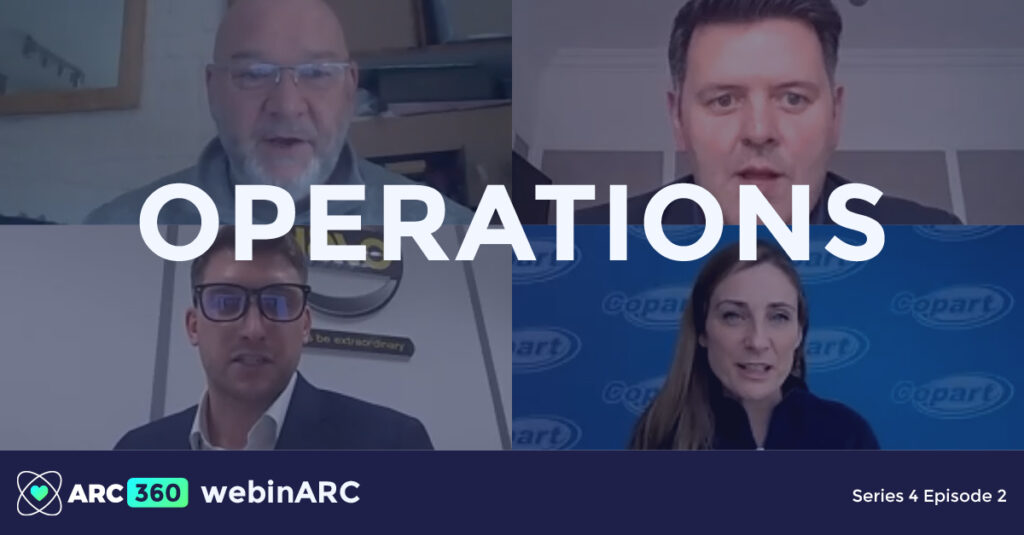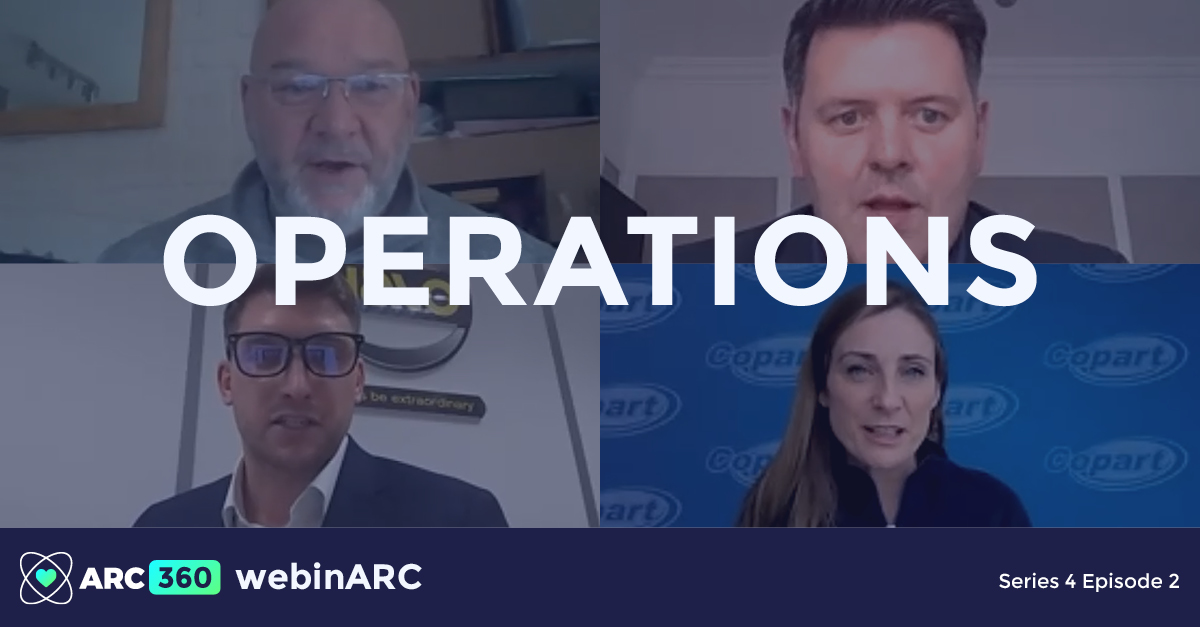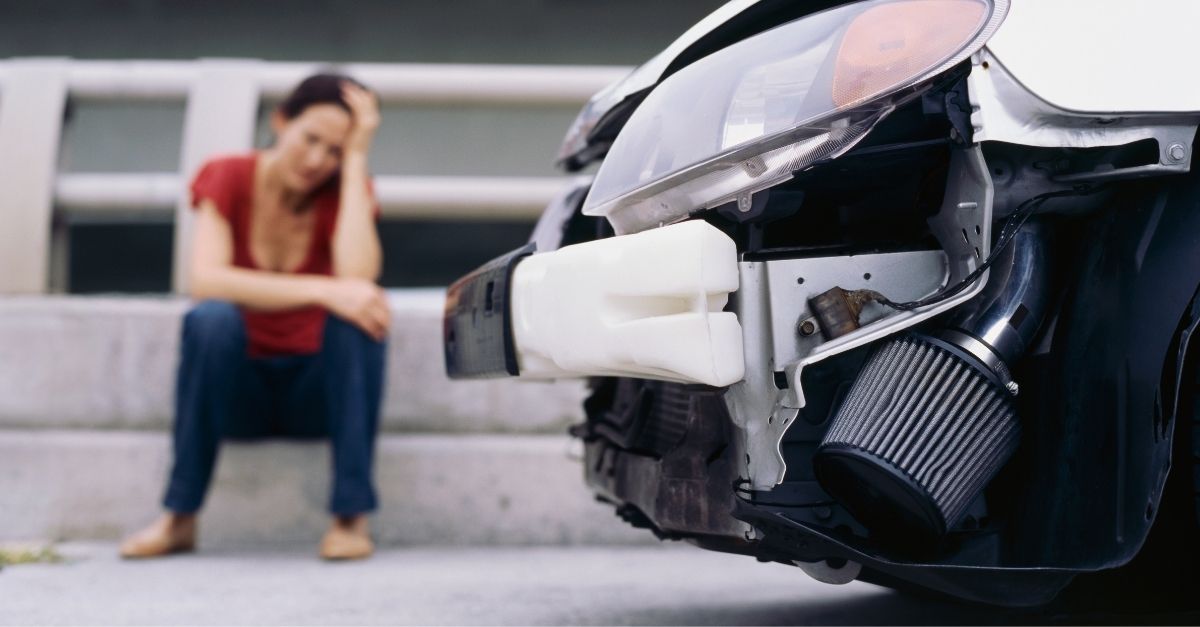Sustainability today has come to represent the environment first and foremost, but achieving true sustainability – in a business sense – means the success of many different functions.
Essentially, sustainability means operating your business in a way that is viable and future-proof. This incorporates human resources, finance, the supply chain and, yes, the environment. In today’s climate – meant both literally and metaphorically – that means introducing a raft of ‘green’ measures with the long-term objective of achieving net zero. Legislation demands it, customers demand it, and in many cases, employees demand it.
Commercial ramifications
The commercial ramifications of ignoring this are severe, with the likelihood of financial penalties for failing to meet targets coupled with a loss of business coming from both ends of the supply chain; large organisations won’t work with you if you fail to meet their environmental standards, and consumers will go elsewhere if you do not demonstrate ethical business practices.
This is even more relevant after COP26, when it was announced that by 2023 all publicly listed companies and financial institutions must publish plans detailing how they will meet the UK’s 2050 net zero target. This does not just impact them, but all the companies they do business with.
Environmental specification
As such, the number or companies in the automotive incident repair aftermarket sector that have achieved the new environmental specification, PAS 2060, is rising, and many more are on now on the journey.
Supported by ECA Energy, one of the UK’s leading repairer groups that has established itself in this space, AW Repair became the first bodyshop group in the UK to achieve PAS 2060 accreditation across its entire network almost a year ago now. While, independent repairer -Coachworks Renovations – emphasised its own green credentials last month by adding the PAS 2060 standard to the Gold Award it won at the NBRA Greener Bodyshop Awards.
Meanwhile, LV=, in many ways a standard bearer among insurers for ethical working, is committing huge resources to support its repair network achieve PAS 2060; to date more than half have already done so or are on their way to doing so.
For many, PAS 2060 represents an environmental badge they can hold up to the market to prove that that they are on board with the wider journey towards sustainability. In a nutshell, it measures an operation’s commitment to an ongoing process of reducing emissions on site, in its daily operations, and throughout its supply chain.
Marginal gains
Achieving this is no small task and addressing it in its entirety can risk overwhelming business owners into immobility, but by taking a multi-faceted approach and identifying many small areas of improvement, the marginal gains will add up to more than the sum of their parts.
Charlotte Burnige, company secretary at Coachworks Renovations (CWR), said, “As part of PAS 2060 we have to reduce our carbon footprint by five per cent a year. But we want to smash that target and we’re looking at things we can improve across our entire business.”
Introducing an electric fleet is something for the future – EVs remain price prohibitive for many businesses still – but CWR has secured its own fleet, including two hybrid vehicles, to reduce cost, logistics and emissions.
Meanwhile, in another areas of its business, it is analysing waste disposal with the aim of halving the amount it sends to landfill. This might sound like a complex challenge, but CWR is not trying to reinvent the wheel here. Instead, it will appoint a dedicated member of staff whose primary function will be separating waste, enabling much more to be recycled.
Partnerships
In many ways, this small initiative is the environmental challenge in microcosm, as it highlights that mindset and culture can be every bit as effective as technology and investment.
But while this is something CWR is doing independently, many of its other ‘green initiatives’ are the result of partnerships. Charlotte praised Ageas for sparking an environmental debate with them many years ago and was also full of admiration for the work LV= is doing on this area, particularly through its Green Heart Standard.
“Partnerships are so important to us,” she said. “Bodyshops are often such busy places that you don’t always get chance to find out about new initiatives that could make a real difference, so we welcome conversations with other industry stakeholders.
“For example, BASF got in touch with us after we won the NBRA Greener Bodyshop Award. They said that our environmental approach aligned with theirs and asked us if we’d like to try their new line of eco-friendly paints. We always had a relationship with them, but it’s a lot stronger now.”
Responsibility to protect
Terence Jackson, Country Manager UK & Ireland, Automotive Refinish, BASF, said, “We want to live up to our responsibility for climate protection and we are committed to the targets of the Paris Climate Agreement. One way we do this is with our products, which enable our customers to lower CO2 emissions. With our new waterborne basecoat line we are exceeding all global VOC requirements. We are pioneering with a VOC value <250g/l, which is 40% below solvent limit.
“But not only is this especially environmentally friendly, at the same time it is highly efficient for our customer’s processes. Another example is our bio-mass balance certified clear coats, for whose production we use renewable feedstock, allowing our customers to reduce their CO2 emissions in the bodyshop. When our customers are successfully reducing CO2 emissions, that’s what success looks like for us.”
Green parts
Perhaps one of the more ‘keenly debated’ areas of environmental sustainability is the use of green parts in repair. In many mature markets, America and Australia for example, the use of recycled parts is fairly commonplace. However, the UK is lagging some way behind. In some ways this is a positive – it means there is scope for improvement. But not everyone agrees the market is ready to take the necessary steps.
In fact, even the terminology is contentious. An ILC roundtable event last November held in association with e2e Total Loss Vehicle Management suggested that ‘alternative parts’ would be a more accurate description, while Wayne Mason-Drust, Managing Director, Accident Express, said that green parts should instead be called recycled or reclaimed original equipment (ROE) parts.
“How green is green, really?” he asked, “I’m not sure people fully understand sustainability and what it looks like. We have a perception of what is sustainable, but there is far more to consider.”
Environmental and economic
Regardless of what they’re called, the argument for use more often is both environmental and economic. According to Joe March, Head of Commercial & Network Management, SalvageCo, which is part of the Hills Group of companies, green parts are about 55% cheaper than their OEM equivalents and, as a result of Covid and Brexit, they are often much easier to secure.
He said, “I think many repairers had to embrace green parts faster than they might have done without Brexit and Covid, but they’ve not looked back. We work with about 300 repairers now and their engagement and trust in us is better than ever. Often we’re able to deliver parts faster than they could get OEM parts so it doesn’t affect their key-to-key times, and because of the price it makes them commercially more viable.
“It’s not rocket science. We have invested heavily to ensure that we can deliver quality green parts at the time we say we will across the length and breadth of the country. It’s really as simple as that.”
Supply
If that’s the case, then why is the UK so far behind other markets in their usage? Supply of parts is one factor, and that is the result of the large gap between salvage and repair. Closing that gap and getting the two sectors to work together would, argued the roundtable, ‘see greater numbers of reclaimed parts stripped from total losses re-entering the market.’
It said that insurers have a key role to play in achieving this, and insisted that, ‘huge investments have been made in the supply chain.’
Joe agreed with that, but only up to a point. He suggested that while some insurers have recognised the benefits of green parts and forged strong and mutually-beneficial relationships with salvage companies, not everyone is on the same page yet.
“Some insurers are really trying to adopt the use of green parts in repair, and we’ve proven with those who work with us that there are massive gains to be made, but if the wider industry also wants the benefits, and it says it does, then it needs to give us the cars to salvage. To provide parts we need access to the vehicles.”
Attitudes
Consumer appetite for recycled parts may be another factor slowing their uptake, although many now believe the public is more receptive to ethical business practices than ever before. To kick-start the market, Wayne wondered if insurers could offer new customers a choice between one policy using new parts and a second sustainable policy using ROE parts, which would inevitably be cheaper.
He said, “People say they are concerned about the environment, but the real driver is always cost.”
In principle, the previously referenced roundtable agreed too with this sort of pricing transparency, but raised concerns about marketing ‘green motor policies’ and then being unable to fulfil them if demand outstripped supply.
“However, with many motor policy wordings allowing for the use of ‘alternative parts’, there seems sufficient capacity in the sector to allow reclaimed parts to become 10-20% of the parts used in repairing vehicles,” suggested one attendee.
Making a profit
But while the green parts debate rumbles on, businesses still need to make a profit because if they are not sustainable economically they will not survive long enough to enact any new planet-saving initiatives.
Speaking during ARC360’s first webinar of 2022, Stuart Sandell, assistant vice president – sales, UK & Ireland, Enterprise Holdings, said, “Sustainability can be applied to a lot of different areas, but in some ways economic sustainability has never been more important as we work through the pandemic.”
Much has been made of falling volumes when Covid-19 struck and lockdowns were imposed, with repair jobs nosediving by 80% overnight in some cases, leading to a market contraction of £1.3bn in 2020 alone.
Aftermath
Although this has, to a great extent righted itself, levels are not expected to ever return to what they were pre-pandemic, while repairers are now dealing with an equally devastating aftermath.
With factories closing around the world, supply of parts and materials ground to a standstill for months on end. The market is still playing catch-up, but supply disruption is set to continue through 2022 and deep into 2023.
For repairers, this means longer repair times, increased costs, and escalating key-to-key times. Although an extreme example of this, Wayne pointed to one job that is currently going through his workshop. It arrived in the autumn and, due to delays in the supply chain, won’t be completed until the spring. All told, a job that on paper appears routine will take nearly nine months, and he will have to pay the insurance provider £800 for the privilege of doing it.
Many repairers, and the NBRA, have called for greater support from the insurance industry during this period, and while some insurers have enhanced their reputations others continue to offer labour rates that make it next to impossible for bodyshops to survive today let alone invest in tomorrow.
Working only with preferred partners would be the dream scenario, but for many the reality is they have to accept these rates in order to meet fixed costs.
“Without investment from the supply chain,” one anonymous repairer said, “I don’t see the situation improving.”
Employment
The harsh financial environment is also a contributing factor in the inability of the aftermarket to attract top talent. The skills shortage is well-known and the pandemic has only exacerbated it – not just in the automotive incident repair sector, but across all industries, meaning the war for fresh skills is more intense than ever.
However, while salaries for established, experienced technicians might be competitive, the industry will continue to face an uphill battle attracting young people as long as apprenticeship wages remain lower – sometimes 50% lower – than those offered to supermarket shelf stackers.
Charlotte said, “The industry isn’t attractive to young people. We’ve been advertising for paint staff for months and months, and only had three applicants, none of whom were skilled.”
Instead, CWR is promoting from within and working with AutoRaise to bring in apprentices. Aware of the significant drop off rates though, it will also work with its senior technicians to develop a culture of apprentice engagement by building mentoring into allocated job times.
Their challenge is one that is being repeated across the sector.
Training and retaining
Accepting that technology within vehicles is changing and the skills required to work on them is having to change accordingly, training has become ever-more critical in terms of carrying out safe repairs and retaining staff.
It costs an average of £12,000 to replace a colleague and with so few skills out there, the first rule of securing a workforce for tomorrow must be protecting the one you have today.
Gary Fay, chief executive of Identifi Group, said, ‘Culture is everything. If you create a sense of loyalty and belonging, and if you reward your staff properly, why would they leave? You’re going to have to grow your own talent, and that means patience and investment, but short-termism has been a problem in this industry for years. So many other industries are getting this right, and unfortunately we’ll continue to bleed people to them until we do.’
All elements
Sustainability means different things to different people, but ultimately true sustainability integrates all elements of business, and to be applied it needs to be a guiding principle rather than a series of business choices.
BASF’s Terence summed it up: “There are many challenges related to sustainability, so it is difficult to highlight only one. The task ahead is complex and hard and requires alignment by across many stakeholders to achieve success. The hard, technical challenges entail significant cost and so access to finance is crucial. We need government support in terms of supporting legislation and strategy, including access to renewable energy. We also have a very human challenge in winning hearts and minds, bringing everyone along through this transition and ensuring that nobody gets left behind.
“But sustainability is more than a topic or a ‘nice to do’ for BASF and it forms part of our reason for existence, our culture and is manifested in our corporate purpose. It is one strategic pillar. It is on every meeting agenda, and are on the way to make sustainability part of our DNA.”



























